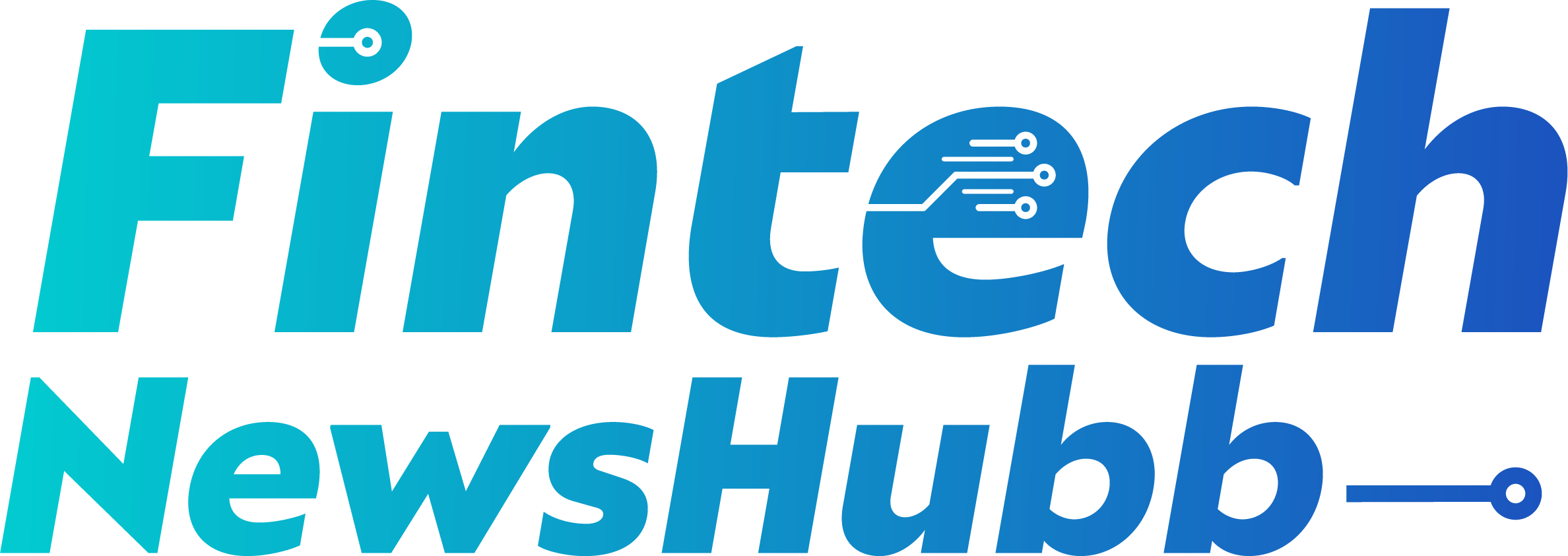In a twist that feels almost dystopian, two of the world’s most trusted job platforms—Glassdoor and Indeed—have laid off over 1,300 employees in 20252. The reason? Artificial Intelligence. The very technology designed to help people find jobs is now being used to eliminate them.
This isn’t just a restructuring story. It’s a wake-up call for the entire financial tech ecosystem, especially digital banking and payments, where automation is accelerating faster than ethics can catch up.
The Layoff Memo That Shook Silicon Valley
Recruit Holdings, the Japan-based parent company of both platforms, announced the cuts in a chillingly efficient email. Research and development, growth, and sustainability teams were hit hardest. Glassdoor’s CEO was ousted. Entire departments were dissolved. And the justification? “AI is changing the world, and we must adapt,” said CEO Hisayuki Idekoba.
But adapt to what, exactly? A future where algorithms replace empathy? Where job seekers are matched by machine logic while the humans behind the scenes are discarded?
Why Fintech Should Be Paying Attention
Digital banking and payments are built on trust, transparency, and human oversight. Yet, as AI tools infiltrate hiring, fraud detection, customer service, and credit scoring, the ethical cracks are widening:
- Bias in Hiring Algorithms: AI systems trained on historical data often replicate systemic discrimination.
- Opaque Decision-Making: Many fintech firms use black-box models that can’t explain why a candidate was rejected or a loan was denied.
- Job Displacement: Entry-level roles in financial operations—data entry, customer support, even compliance—are vanishing.
Lack of Consent: Candidates often don’t know their applications are screened by machines.
The irony? Platforms like Glassdoor and Indeed, once champions of workplace transparency, are now symbols of algorithmic opacity.
The Human Cost of Automation
Behind every layoff is a story. A UX designer who helped build the job search interface is now searching for work herself. A sustainability officer who advocated for ethical hiring, now been replaced by a machine that doesn’t know what ethics are.
And it’s not just about jobs—it’s about identity. When your role is deemed “redundant” by a line of code, what does that say about your worth?
The emotional fallout is real. Anxiety. Disillusionment. A growing distrust in tech’s promise of progress.
Can We Automate Responsibly?
The financial tech sector must confront a hard truth: automation without ethics is exploitation. As AI reshapes hiring, payments, and banking, leaders must embed fairness, transparency, and human oversight into every algorithm.
That means:
- Auditing AI tools for bias regularly
- Informing candidates when automation is used
- Offering human review options
- Prioritizing reskilling and internal mobility over layoffs
Because if we don’t, we risk building a future where efficiency trumps empathy—and no one is safe, not even the people who built the system.
Conclusion: When the Helpers Need Help
Glassdoor and Indeed were supposed to be the safety nets. Now, they’re cautionary tales. As fintech races toward AI-driven everything, we must ask: who gets left behind? And who decides?
Automation isn’t evil. But when it’s used to cut costs without conscience, it becomes a weapon. The job boards have spoken. It’s time for the rest of us to listen—and act.
References
- Indeed & Glassdoor Layoffs in 2025
- TechGig: AI Reshapes Hiring at Glassdoor & Indeed
- Forbes: Is Your Job AI-Proof?
- BrainSource: Ethical Automated Hiring Practices
- University of Pretoria: Ethical Considerations in Job Automation


